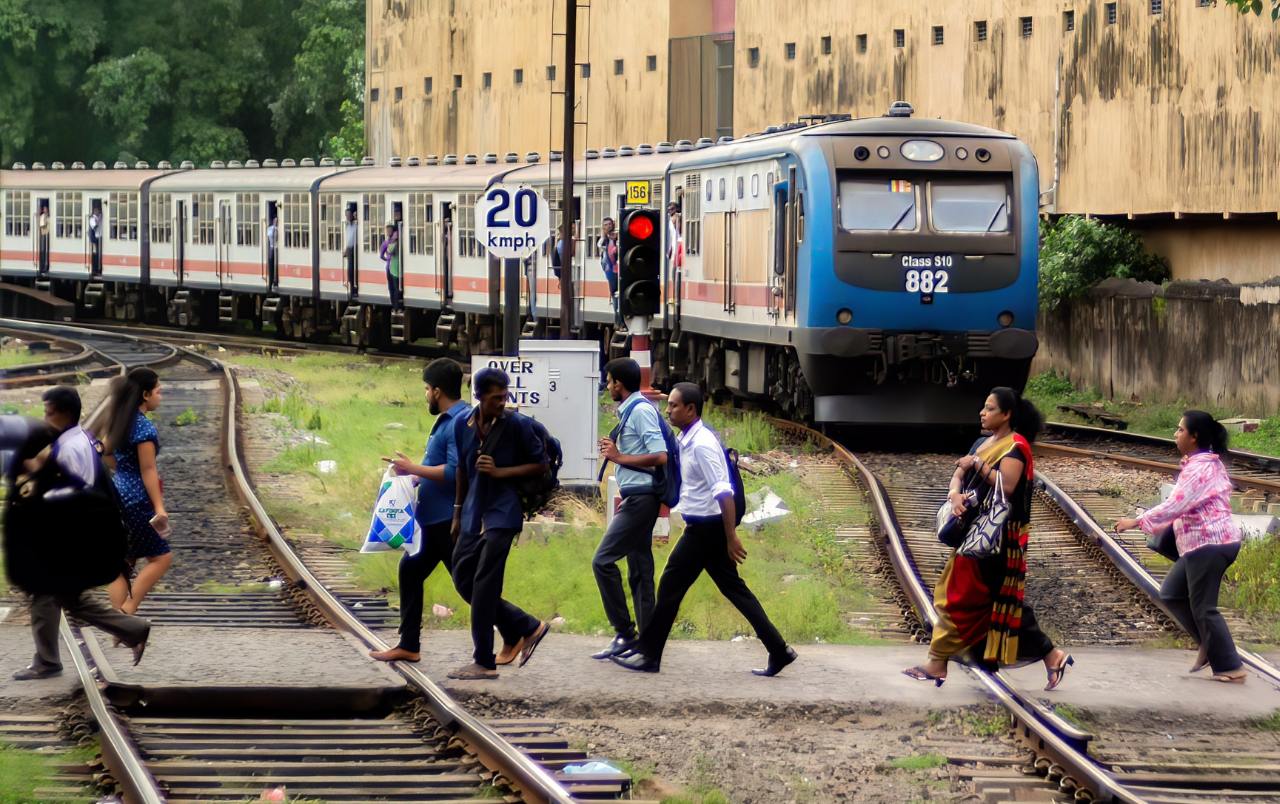Development research itself has inherent inequalities and requires systemic change. Although North-South partnerships are often preferred as a popular funding…
[This interview is part of our collection on transforming research collaboration. It highlights efforts and challenges in reimagining partnerships for greater equity, with a focus on strengthening Southern-led approaches to research.]
From your experience working in the Sri Lanka context for over 20 years, how would you describe the role of researchers in shaping local or national agendas?
Local researchers play two key roles in overseeing globally sponsored research programmes. First, because of their cultural and social ties, they have a distinct advantage in designing research projects that fit the needs and realities of local contexts. They are also more qualified to interpret the investigation’s results.
Second, when such opportunities arise, their presence in a country allows them to influence policy-making through promoting the use of evidence to inform policies over time. Past experiences show the transition from knowledge to policy is not linear. Knowledge needs to be translated and communicated to policy-makers in different ways over a long period before policy changes take place. When policy researchers are present in the country, they can disseminate research findings in multiple ways to relevant stakeholders to ensure policy impact.
How can this local perspective improve the quality and impact of policy-focused research?
As highlighted in a recent panel discussion organised by the Partnership for Economic Policy (PEP), local researchers are better aware of the development needs and the knowledge required to address these gaps. They also understand the nature of the development issue and what aspect of the policy cycle needs attention.
The following example illustrates this. There is recognition that more gender egalitarian legislation helps to remove barriers to women’s access to quality work. However, a series of recent research studies for middle-income countries supported by PEP highlights that increasing the number of laws alone will not improve the legislative environment for improving women’s access to quality work. This is because, in many middle-income countries, legislation applies only to a small share of formal sector workers. Further, many women in these countries have limited access to legal support due to the high cost of lawsuits and other social-cultural barriers (such as lack of support from family for fear of negative social repercussions, fear of losing employment, etc.). Hence, in these countries, policies should focus more on extending the coverage of legislation, addressing socio-cultural norms, and facilitating the proper implementation of legislation to ensure a conducive legal environment. This deep contextual understanding requires a local perspective that is best provided by local researchers, who are more attuned to the legal context and socio-cultural nuances than foreign researchers.
In addition, many countries in the Global South deal with complex political crises that impact the work of think tanks. This was recently the case in Sri Lanka when the economic crisis was compounded by the COVID-19 pandemic, leading to the resignation of the President in 2022, amid public unrest. What was your experience in that context?
One lesson from that experience is the importance of considering the political and economic environment in policy designs and being adaptable to political changes in a given country. In parallel, there is also a need for long-term policy-influencing strategies for implementing policies.
For example, a recent project by a donor agency invested substantial funds and other resources to produce knowledge that could have supported policy-making. Global experts were hired, and labour force and income and expenditure survey data gathered over a period of 10 years were analysed for the project. The Institute of Policy Studies (IPS) also contributed to producing some background reports that were included in the final report. However, shortly after the report was produced, there was a government change. The donor agency therefore had to reframe the report to fit the policy mandate of the new government. At the same time, some of the key researchers involved (from the donor agency’s side) were reassigned to other projects (a common practice among donor agencies). While the local researchers involved in the study remained present, they had limited responsibility for the project. As a result, the report’s findings did not lead to comprehensive policy changes or the anticipated development impact.
What approaches could international donors and researchers adopt when undertaking a local research project to enhance the impact of their work?
As emphasised during the PEP panel, international donors should promote development research approaches that treat local researchers as equal partners in research projects and recognise them as experts who have the potential to drive the greatest development impact. Equality in research partnerships should ensure the involvement of local researchers in the development of research projects from the research identification stage to the final policy influencing stage.
Donors should also invest in developing the capacity of local researchers and institutions so that local actors can more effectively participate in development research. One possibility is for international researchers to guide local researchers, as they are knowledgeable about new techniques and have access to more resources and data. They should use this knowledge and access to resources to support and improve the design of development research and build the capacity of local researchers.
What can local researchers do to make partnerships more equitable?
There are a number of ways in which local researchers can contribute to greater equity in partnerships. First, they can help shape the national development agenda by ensuring that development research meets development needs and closes gaps in knowledge, policy, and capacity. They can also advise development partners on national priorities, guiding the design and implementation of development research that aligns with local realities and needs. Crucially, local researchers should also have the ability to influence change in development policy that is adapted to their country’s political and economic contexts, while also contributing equally to designing and conducting development research itself.
[Explore other stories from our collection on transforming research collaboration and engage with ideas envisioning a more equitable future for research.]



